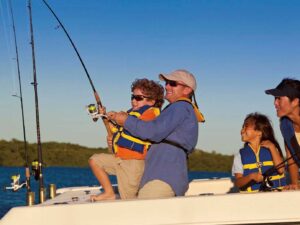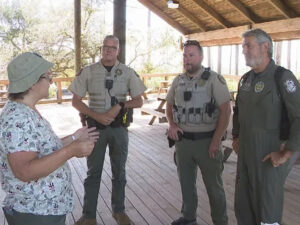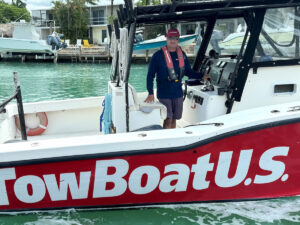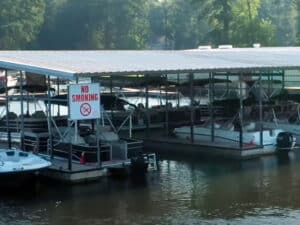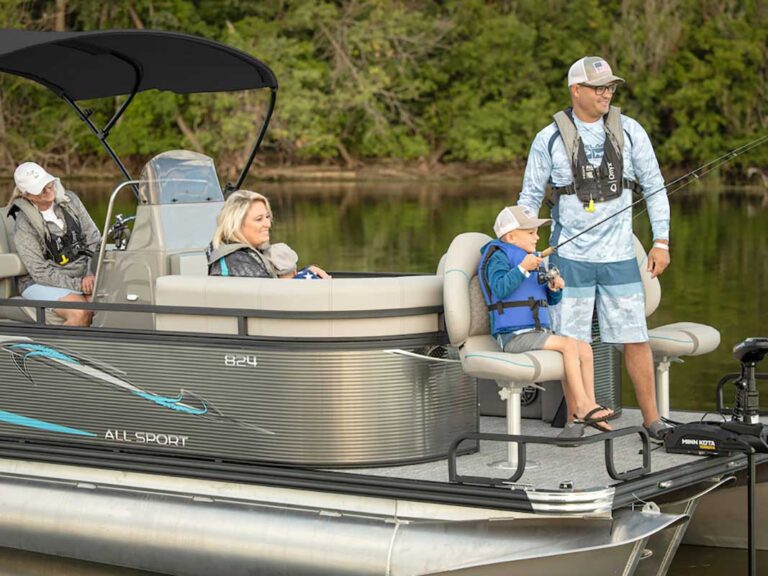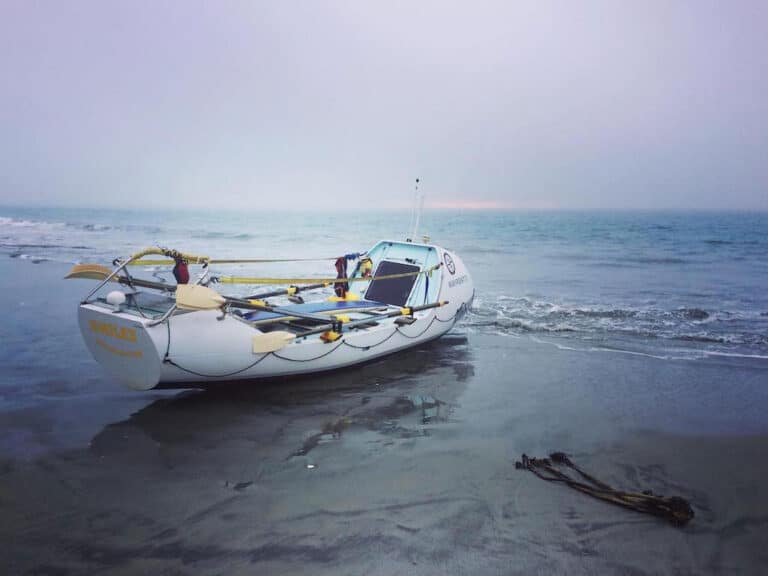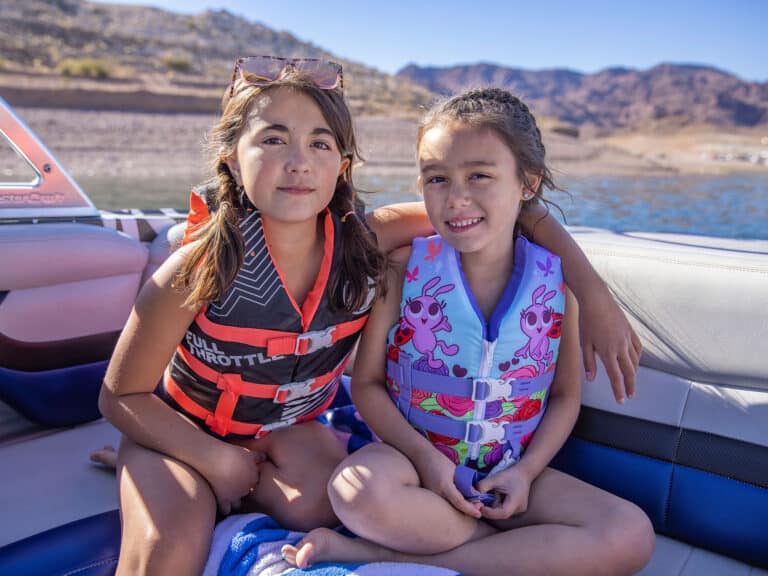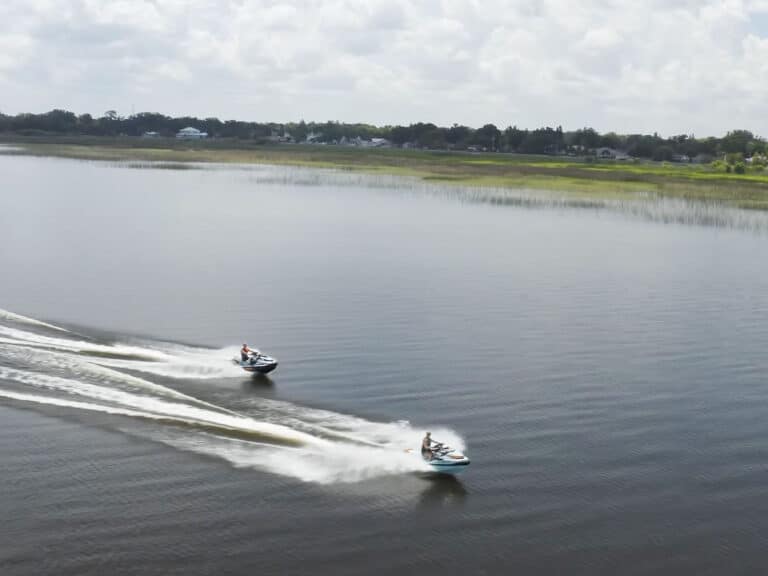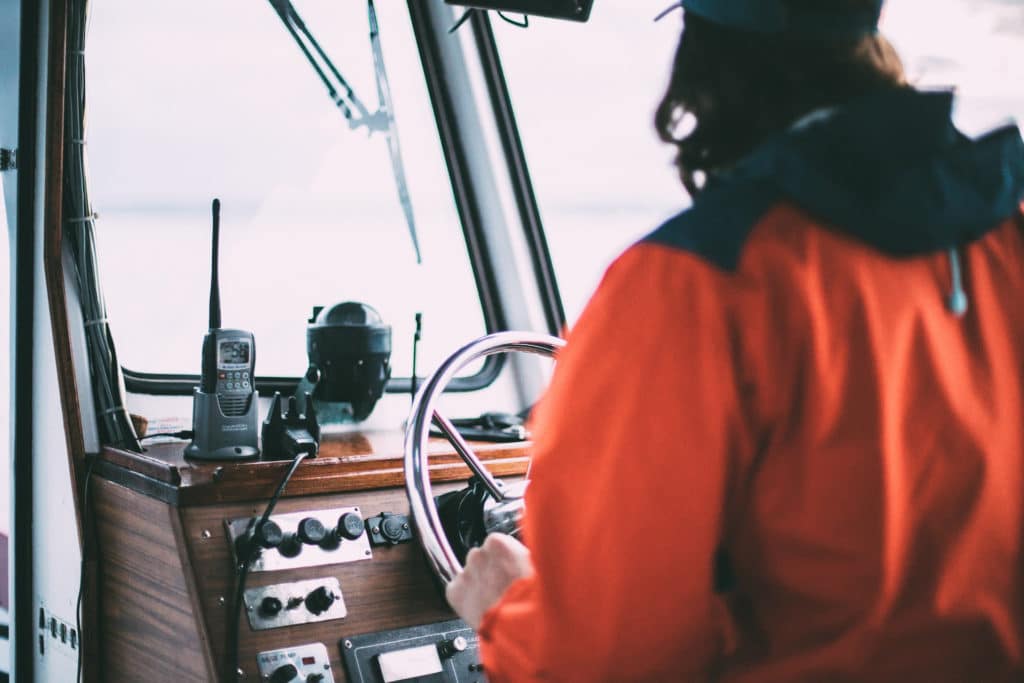
I bristle at the idea of being monitored. I resist Facebook and Twitter because I just don’t want to tell everyone in the world what I did today (ran out to fish some submerged wrecks off the Cape) or why I’m at the grocery store (out of milk). Yet, if you went to boatingmag.com or Googled me, you could find enough about me to send me a birthday present — it would even fit and be on time. So, in spite of my nervousness, I’m out there.
Now, thanks to a congressional act authorizing the Coast Guard to monitor all boaters, you and I may be out there another way.
A year or so ago, the marine electronics makers started bringing out Automatic Information Systems (AIS) for recreational boats. What was amazing about our first crack at AIS was how quickly and easily the systems transmitted a boat’s position, bearing and speed and how easy they made it to track the same info transmitted from all other boats in VHF range of our AIS transceiver.
“Cool!” I thought. “Now I can pinpoint myself among the traffic pattern and know all there is to know about my fellow mariners in transmitting range.” Problem is, so can anyone else. Falvey brought to the front a nagging thought not fully crystallized in my thinking.
“Fishermen aren’t going to want to run AIS and give up their hot spots,” he warned. He directed me to two websites that were pinpointing, on a map, all AIS transponders in operation in the world. Even though, at the moment, only commercial boats 60 feet and longer are required to operate AIS, a lot of personal yachts fall into this category because they’re often held out for charter. Can you imagine the coastal paparazzi fiasco that would take place should a celebrity activate his AIS on a boat named, say, Privacy?
There are certainly some privacy issues at stake, but there are safety issues at stake as well. No one is better versed in the possible advantages of AIS than is Vice Adm. David Pekoske of the United States Coast Guard. He spent his career in boating safety and shares the helm of his personal boat with his wife.
“I don’t think those websites are reporting in real time,” Pekoske said. “But even so, suppose my wife was out boating and I had not heard from her. I could log on, pull her up to see where she was.” Knowing that, he indicated, gives him valuable information about her safety or ETA. And, from a Homeland Security standpoint, the Coasties need to know who is where in port, doing what and why.
“There are environmental reasons too,” Pekoske added. “If a ship were discharging substances, we could determine where it was quickly.”
Suppose you were that fisherman who wanted to hide his hot spot from prying eyes? That might be a problem, Pekoske said, because the Coast Guard is a search and rescue organization, and if an AIS signal suddenly switched off, it could be the indicator of a boat in trouble — or making trouble.
Whether you’re for AIS use or against it, we’re keeping tabs on requirements for it. Congress has authorized the Coast Guard to mandate AIS use on all boats, although the Coast Guard hasn’t decided to enact such a law . So even if you manage to stay off Facebook, you may still be on somebody’s AIS screen.
* * * * *
The U.S. Coast Guard is asking all boat owners and operators to help reduce fatalities, injuries, property damage, and associated healthcare costs related to recreational boating accidents by taking personal responsibility for their own safety and the safety of their passengers. Essential steps include: wearing a life jacket at all times and requiring passengers to do the same; never boating under the influence (BUI); successfully completing a boating safety course; and getting a Vessel Safety Check (VSC) annually from local U.S. Coast Guard Auxiliary, United States Power Squadrons(r), or your state boating agency’s Vessel Examiners. The U.S. Coast Guard reminds all boaters to “Boat Responsibly!” For more tips on boating safety, visit www.uscgboating.org.

